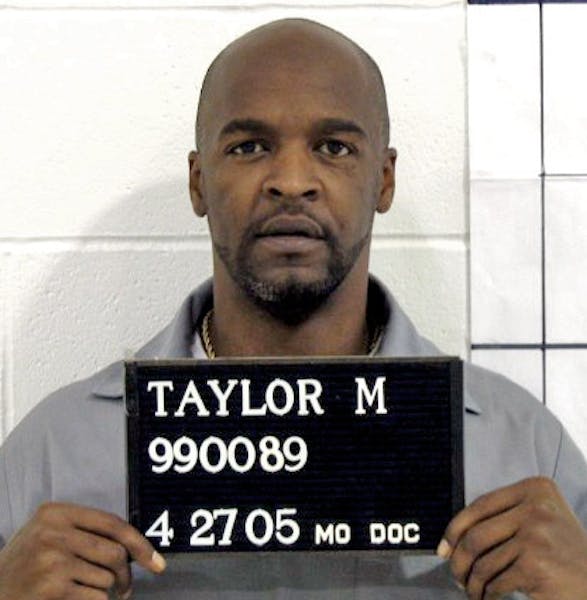BRUSSELS – There's one big reason the U.S. has a dearth of execution drugs so acute that some states are considering solutions such as firing squads and gas chambers: Europe won't allow the drugs to be exported because of its fierce hostility to capital punishment.
The phenomenon started nine years ago when the European Union banned the export of products used for execution, citing its goal to be the "leading institutional actor and largest donor to the fight against the death penalty." But beefed-up European rules mean the results are being strongly felt in the U.S., with shortages becoming chronic and controversial executions making headlines.
In Ohio last month, Dennis McGuire took 26 minutes to die after a previously untested mix of chemicals began flowing into his body, gasping repeatedly as he lay on a gurney. On Jan. 9, Oklahoma inmate Michael Lee Wilson's last words were: "I feel my whole body burning."
E.U. nations are notorious for disagreeing on just about everything when it comes to common policy, but they all strongly agree on one thing: abolishing capital punishment.
The uncompromising stance has set off a cat-and-mouse game, with U.S. corrections departments devising new ways to carry out lethal injections only to confront updated export restrictions.
"Our political task is to push for an abolition of the death penalty, not facilitate its procedure," said Barbara Lochbihler, chairwoman of the European Parliament's subcommittee on human rights.
Europe's tough stance has caused U.S. states to start experimenting with new drug mixtures, even though convicts' lawyers and activists argue they may violate the constitutional ban on cruel and unusual punishment.
In 2010, Louisiana switched from the established three-drug protocol to a one-drug pentobarbital lethal injection, but eventually that drug also became unavailable because of European pressure.
"The lethal injection that they are using now in certain states has never been tested, verified, let alone been approved for executions," said Maya Foa of Reprieve, a London-based charity fighting the death penalty.
"This amounts to using humans as guinea pigs. No doctor would ever do that," she said.
The U.S. execution dilemma goes back to 2005, when the E.U. restricted exports of goods "for the purpose of capital punishment or for the purpose of torture." That ban includes items such as electric chairs and lethal injection systems.
The drug shortage then started biting in 2010 when Hospira Inc., the sole U.S. manufacturer of sodium thiopental, a sedative that is part of the normal three-drug mixture, stopped production.
A few months later, Hospira dropped plans to produce it in Italy because that government sought guarantees that it would not be used in executions.
States in 2011 switched to pentobarbital, but Denmark-based Lundbeck Inc., the drug's only U.S.-licensed maker, faced a public backlash and quickly said it would put the medication off-limits for capital punishment through a tightly controlled distribution system.
As U.S. authorities started looking for other sources, Britain went ahead and restricted exports of sodium thiopental and other drugs in 2010.
"This move underlines this government's … moral opposition to the death penalty in all circumstances," Business Secretary Vince Cable said then.
Germany's government also urged pharmaceutical companies to stop exports, and the country's three firms selling sodium thiopental promised not to sell to U.S. prisons.
Olympic torch makes Acropolis overnight stop a week before handover to Paris organizers
A politician running for mayor in northern Mexico is killed, the 16th hopeful slain over June vote

Israel, Iran play down apparent Israeli strike. The muted responses could calm tensions -- for now
Choctaw artist Jeffrey Gibson confronts history at US pavilion as its first solo Indigenous artist

